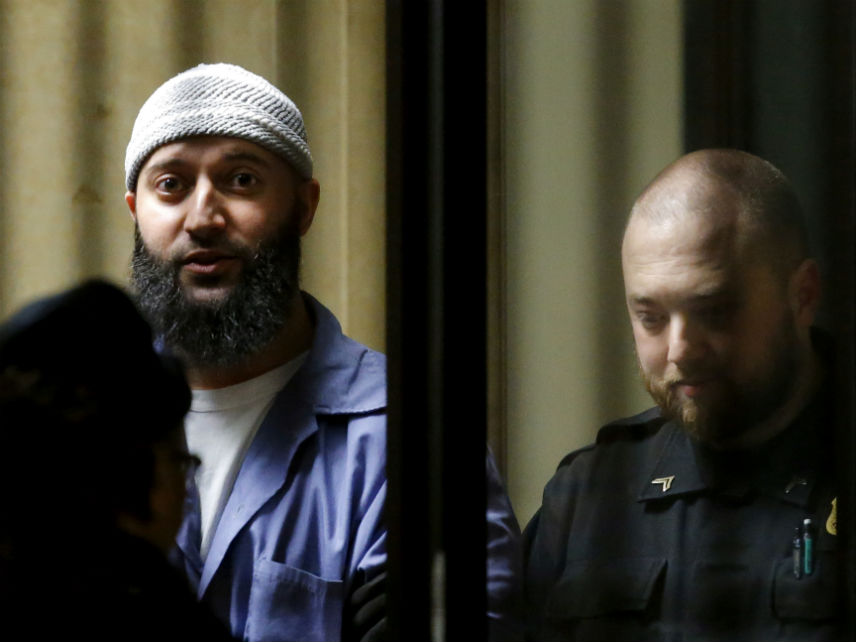Adnan Syed from Serial Is Getting a New Trial. He's One of the Lucky Few.
A high-profile podcast gave his case national attention, but almost all inmates who claim innocence are trapped in obscurity behind bars.

A Maryland appeals court ordered a new trial today for Adnan Syed, whose murder case was profiled on the smash-hit podcast Serial.
Syed was convicted in the 2000 murder of Hae Min Lee, his high school girlfriend, and sentenced to life in prison. The Serial podcast brought his case to national attention after it spent its first season painstakingly investigating the facts and theories behind Lee's murder, raising the question of Syed's innocence.
A Maryland circuit court judge vacated Syed's sentence in 2016 and ordered a new trial, after finding Syed had ineffective legal counsel in his original trial. His lawyer had failed to contact a key witness who said Syed was with her at their high school library at the time Lee was killed. The appeals court stayed that decision until the government could appeal.
In a 138-page ruling today, Chief Judge Patrick Woodward wrote that "trial counsel's deficient performance prejudiced Syed's defense because, but for trial counsel's failure to investigate, there is a reasonable probability that [Asia] McClain's alibi testimony would have raised a reasonable doubt in the mind of at least one juror about Syed's involvement."
Syed, who has always maintained his innocence, won the inmate lottery—insofar as anyone convicted of life in prison for murder can be considered to have lucked out.
It's exceedingly rare to have a murder sentence vacated. The criminal justice system places great value on finality, and there are a multitude of procedural hoops, unforgiving deadlines, and burdens of proof for inmates to meet when appealing a sentence. Add in recalcitrant district attorney's offices that often oppose DNA testing and introduction of new evidence that could lead to exonerations, and it's a small miracle when anyone succeeds.
Most inmates who claim innocence spend years chipping away at the appeals process in total obscurity, without the advantage of a well-heeled legal team, much less a popular true crime podcast, on their side.
For example, just this week, the Richard Phillips of Detroit was exonerated after spending 45 years in prison for murder. The Wayne County District Attorney's Office declined to re-prosecute him after a judge vacated his original sentence, concluding that a key witness in his 1971 trial had lied on the stand.
If you don't think there's more cases like Syed's out there, I have a desk drawer full of inmate letters I'd be happy to share.


Show Comments (7)